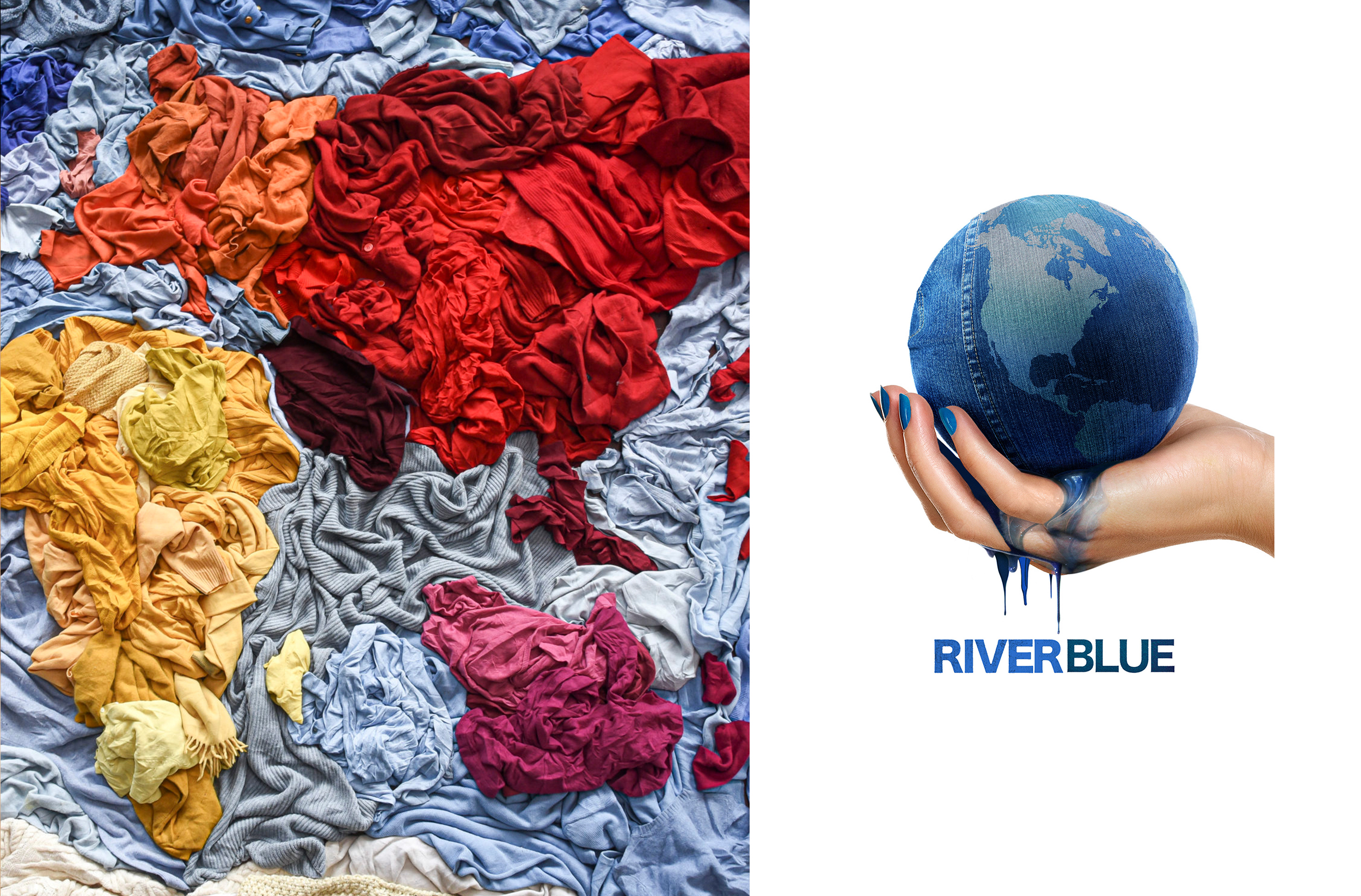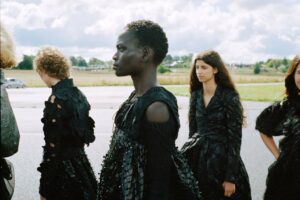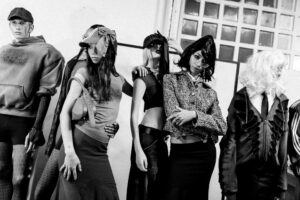The first rule of the sustainability club is information.
A rule that, in reality, can be applied to every field. Only by staying up to date on what is happening in fact, we can contribute personally and efficiently to positive change, to make the world a better place for us, for those who come after us, and above all, for the planet itself.
Transparency and communication are the cornerstones of sustainable fashion: everything that is done, all the clothes that are made, must be able to be rejected, to protect workers and control the use of the resources used. A job that involves everyone, from multinationals to governments up to us, consumers who, in our small way as I always say, can and must make a difference.
To stay up to date on the state of sustainable fashion and the next steps, in addition to social media, articles, and books on the subject, we can use tools such as podcasts and documentaries. I, who am in the middle of my “endless podcast” period and I have seen many documentaries about it, will therefore be your Virgil who will accompany you in search of those titles and interesting ideas related to sustainable fashion. With the hope of going out to see the stars again in a more conscious world.
4 PODCASTS ABOUT SUSTAINABLE FASHION
Conscious Chatter (English)
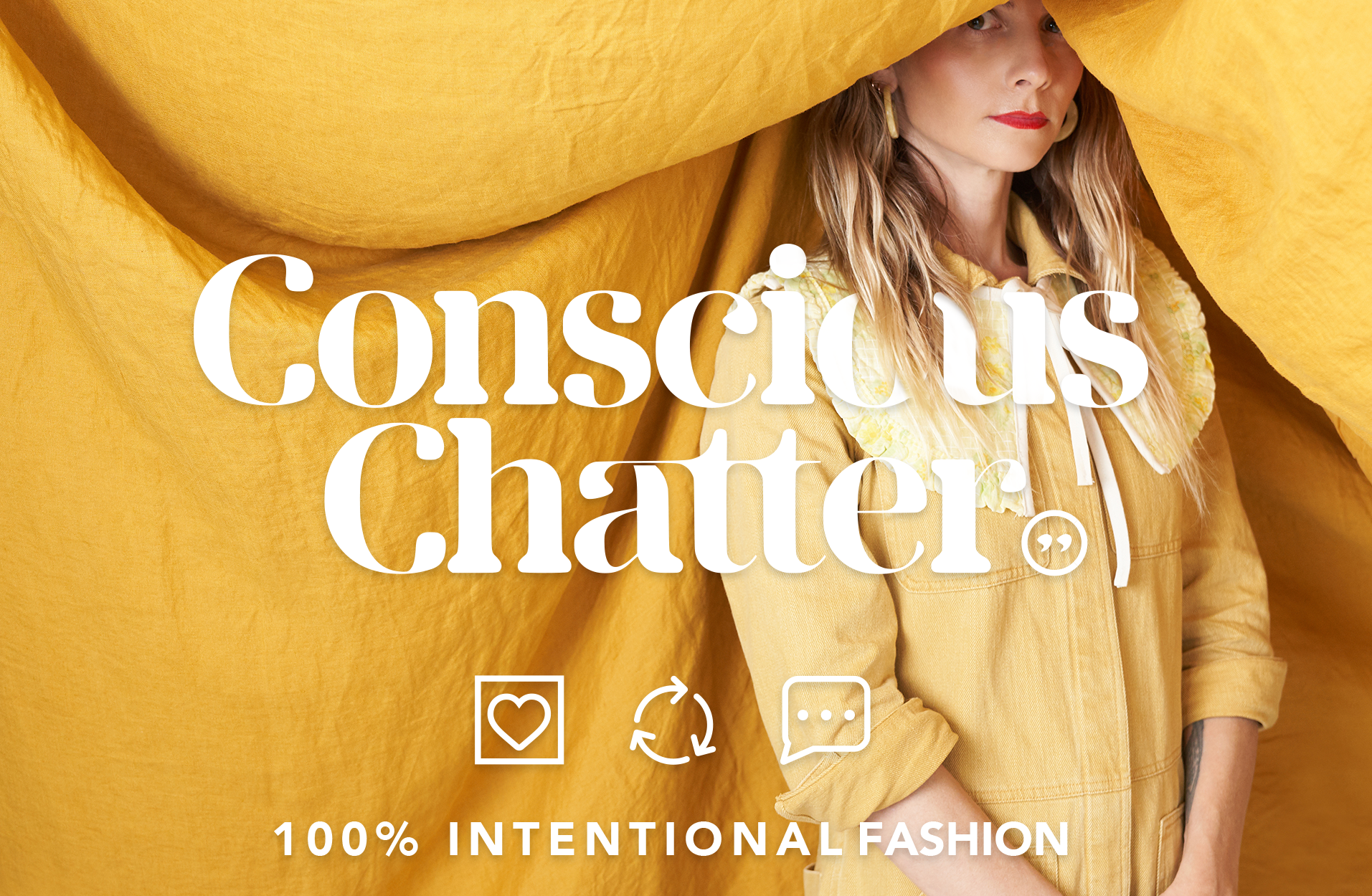
Thanks to her career in People Tree, Kestrel Jenkins has gained more and more awareness of what we wear and the origin of the clothes, so much so that she decided to share with the world all her notions in an extremely rich podcast (there are already more than 300 episodes available!), with multiple guests and many food for thought that intersect not only ethics and fashion, but also psychology and culture. An inclusive, dynamic, and multi-level approach to contextualize and understand why the fashion industry has shrunk into this state and to understand how to proceed from here on.
Solo Moda Sostenibile (Italian)
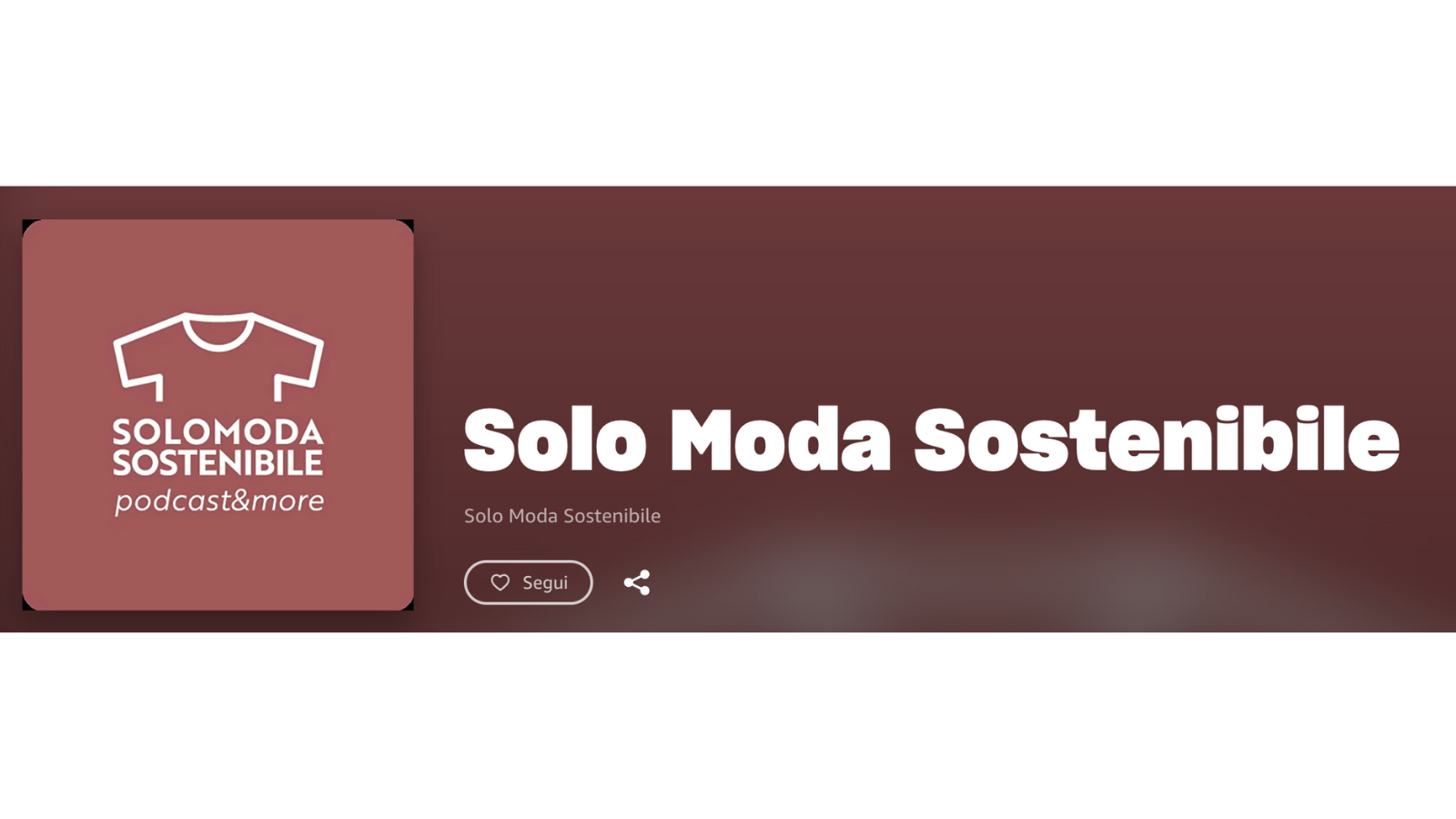
A rich podcast created by Silvia Gambi that addresses the theme of sustainability in fashion at 360 degrees: insights, news from the world, useful tips, and more technical issues presented in a direct, simple, and interesting way, to demonstrate how many topics, voices, and information there are on the subject and to incite a conscious and precise change.
Clotheshorse (English)
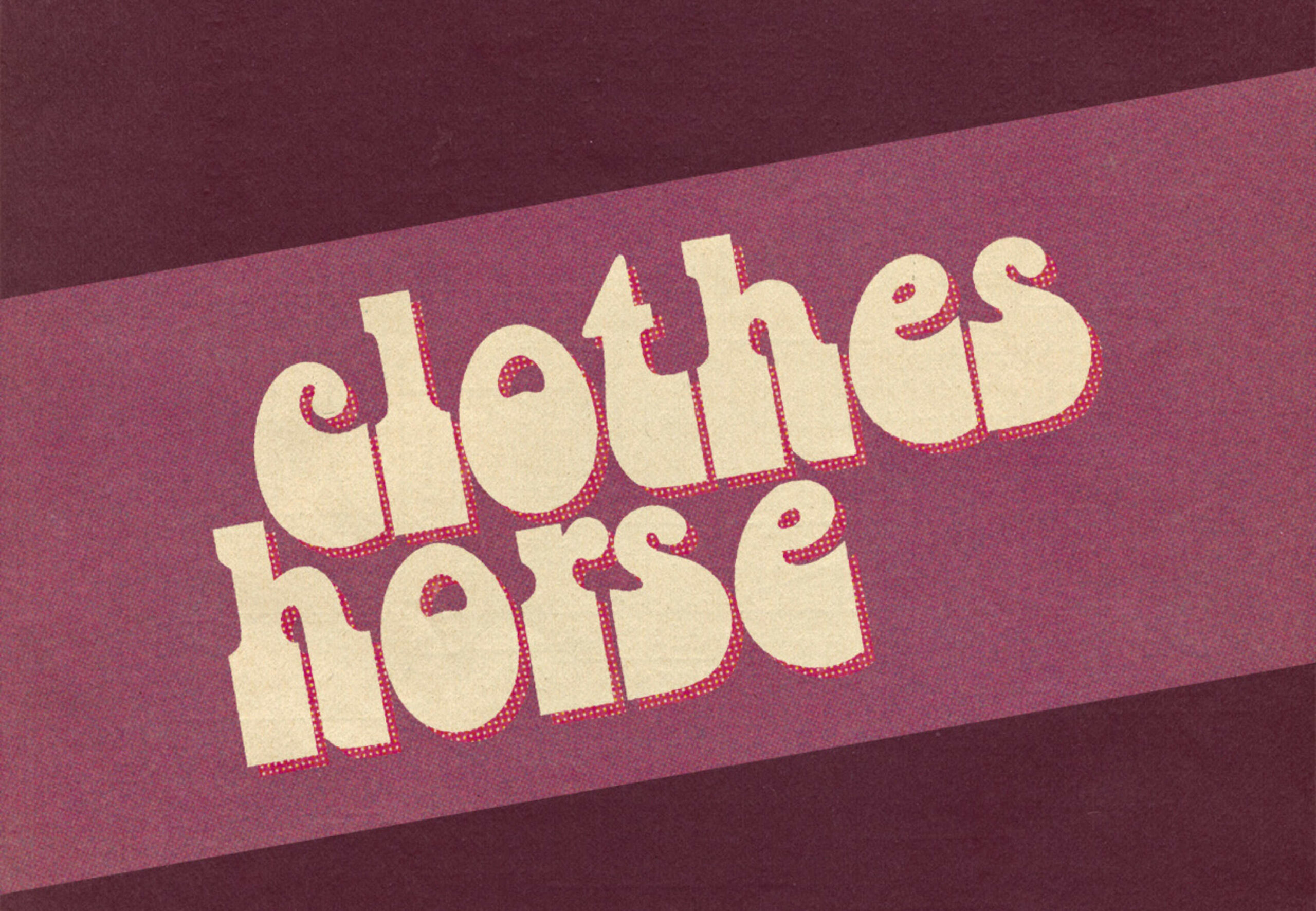
With this podcast, Amanda Lee McCarty wants to help us make the best decisions about our clothing, providing valuable advice on what to buy, where to shop consciously, and what to keep in mind when shopping. With an approach aimed at highlighting the incredible and useless consumerism that lies behind movements such as fast fashion and Black Friday, it is educational and fun listening at the same time, perfect for fully understanding how our every purchase choice is fundamental to making a difference in a highly polluting industry such as fashion.
Ravenous Fashion Podcast (Italian)
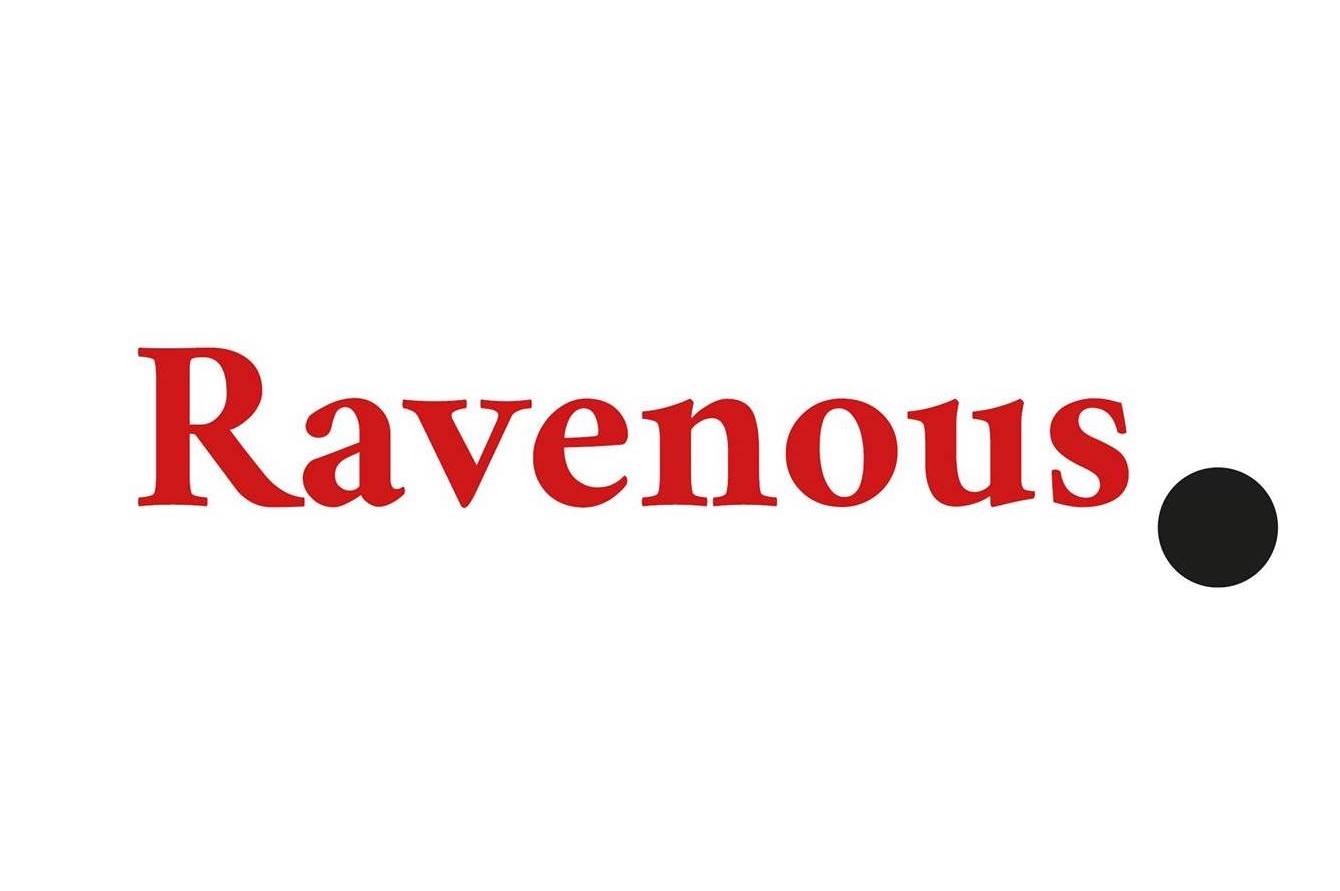
The first Italian podcast on fashion, marketing, and sustainability was conceived and conducted by Beatrice Mazza that collects testimonies from interesting personalities from the world of sustainable fashion and beyond, also proposing many worthy case studies and analyzing the trend of this sector in a clear, detailed, and analytical way.
4 DOCUMENTARIES ON SUSTAINABLE FASHION
The True Cost (2015)
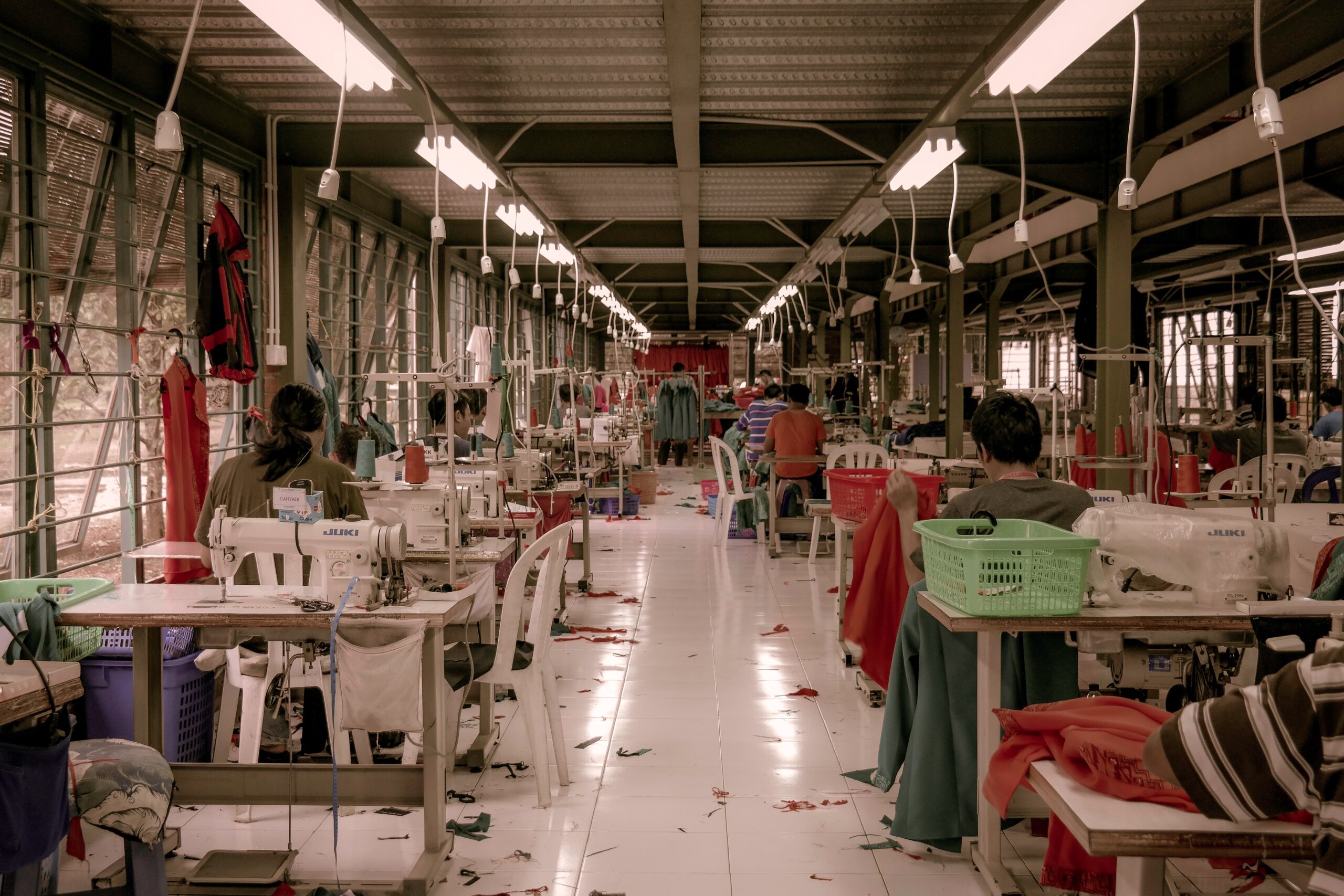
A documentary film directed by Andrew Morgan and produced by Livia Firth and Lucy Siegle, a must-see to fully understand the meaning of fast fashion and its consequences. “This is the story of the clothes we are, the people who make these clothes, and the impact the industry is having on our world,” as it says at the beginning of the documentary, born to understand how a disaster like that of Rana Plaza in 2013 occurred. It then goes on to discuss different aspects of the industry, from production (and consequent exploitation) to water and soil pollution, from capitalism to mass media. Many interviews with environmentalists, industry insights, factory owners, and voices of social change make this testimony one of the most comprehensive and realistic.
RIVERBLUE (2016)
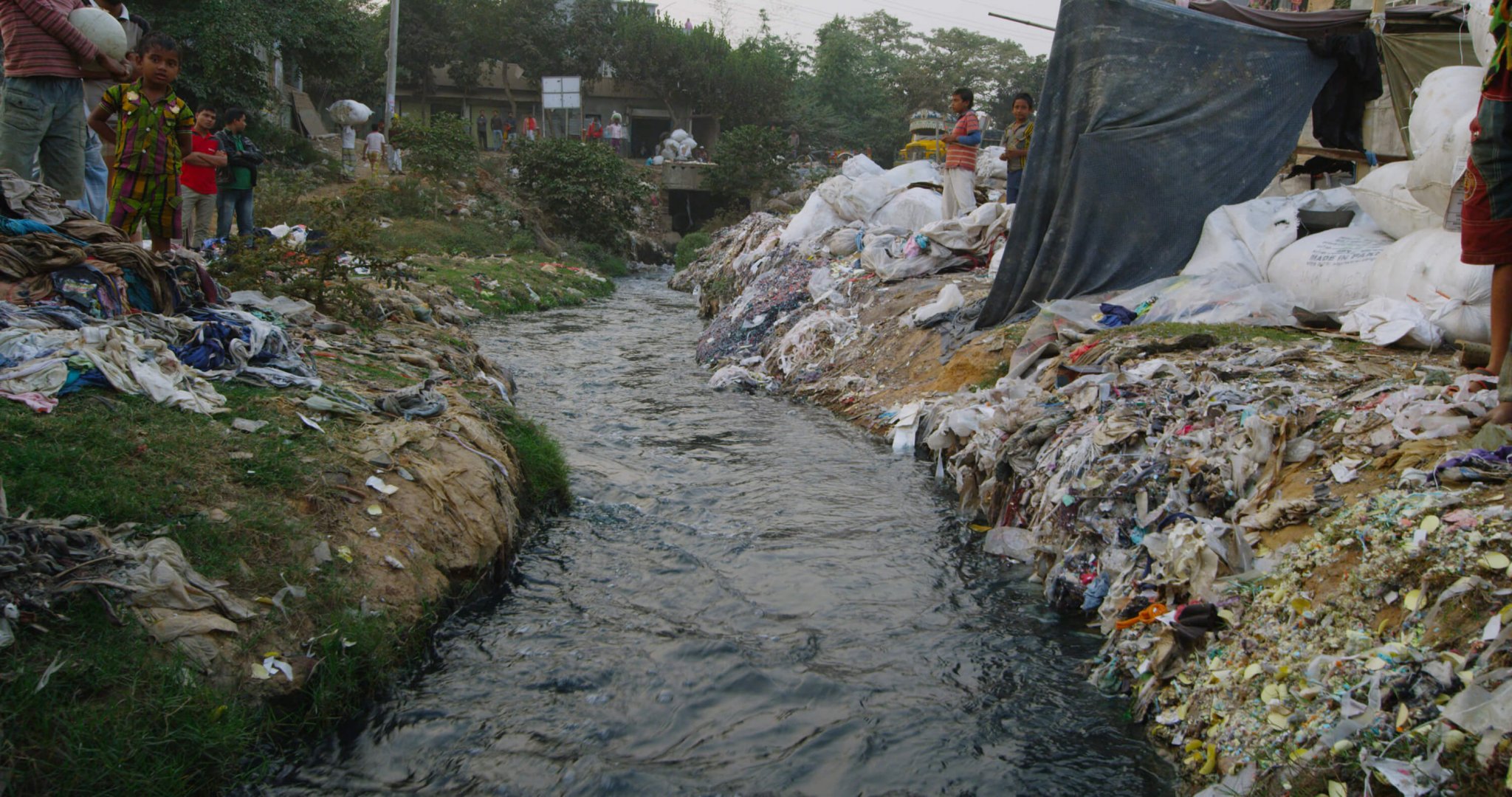
Did you know that about 93 billion cubic meters of water are consumed every year by the fashion industry and that dyeing, fabric treatment, and jeans production is the main culprit of this exaggerated consumption? A raw and shocking representation, narrated by Jason Priestley and available on Vimeo, which examines the destruction of rivers by the fashion industry (particularly in the vicinity of textile factories in China, Bangladesh, and India) for mere profit, its effect on humanity, the environment and possible solutions for a more sustainable future, thanks to the application of innovative technologies that reduce the use of water and chemicals without impacting the aesthetics and quality of the product.
Stracci (2021)
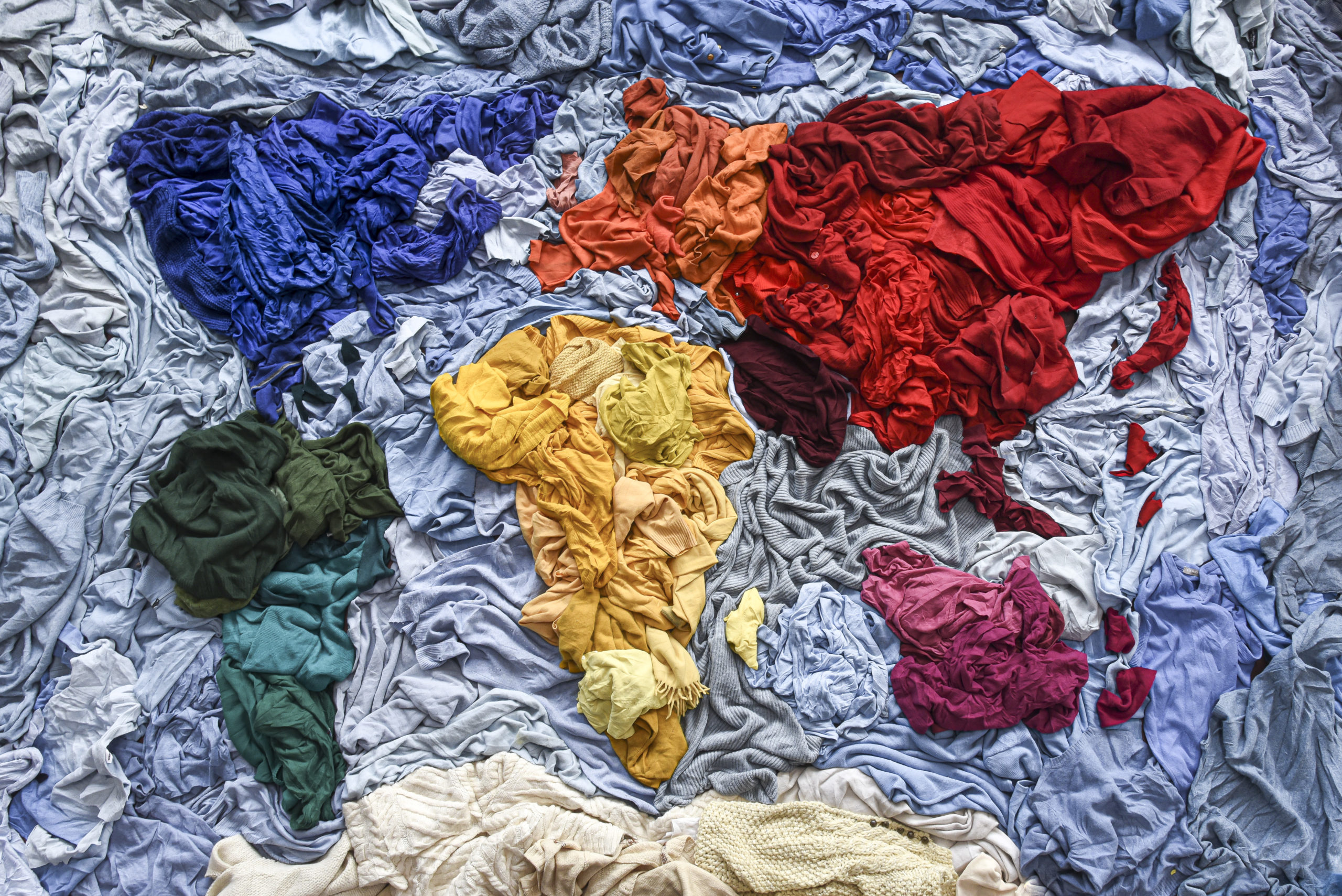
“Stracci is a journey. A documentary that tells the sustainability of fashion looks at it through the eyes of those who have always recycled used clothes and textile waste to transform them into raw materials. A journey that starts from Prato, the world capital of recycled wool, and goes around the world, to discover the impact on the planet of excessive consumption to which the world of fashion has educated us”: this is how “Stracci” begins; the documentary is directed by Tommaso Santi, it is written with Silvia Gambi (whom we mentioned above for the podcast “Solo Moda Sostenibile”) and it is available on Prime Video. This documentary intends to tell the environmental impact of the fashion industry, demonstrating how the circular economy can make a difference in a world of ultra-consumerism, open-air landfills, and as far as the eye can see, where new possibilities for change on the horizon want, and, indeed, must stimulate us to review our purchasing habits.
Junk-Full Wardrobes (2023)

The docuseries co-produced by Will Media and Sky Italia investigates what lies behind the production (and overproduction) of clothes, telling the stories and showing the images of the protagonists who suffer directly the negative impact of fast fashion, with three young hosts to lead this adventure: Matteo Ward and the two directors Olmo Parenti and Matteo Keffer. From Ghana to Chile, going through Indonesia, Bangladesh, India, and Italy, each episode is dedicated to a different country and theme, denouncing the many injustices in an empathetic and engaging way. Leaving, however, and fortunately, a glimmer of hope in the ending.

